Yemen’s targeting of Saudi oil industry ‘not simply a tactical decision in war’
Sam Mahdi Torabi
The Yemeni army has officially declared that it will be targeting the Saudi oil industry in its efforts to counter the Saudi invasion and bombing. This is not simply a tactical decision in a war and the strategic and historic significance of the successful Yemeni attacks on the Saudi oil installations cannot be overstated.
Contrary to every other place in West Asia, America's military presence in Saudi Arabia was not inherited from the British and goes back to 1930, two years before the creation of the country called "Saudi Arabia" which was founded in 1932.
It was American oil companies that founded the "Saudi" oil industry during the rule of Abdul Aziz as the ruler of Najd and occupier of Dhahran, the eastern coast of what is today Saudi Arabia, the area where all the oil is deposited and which happens to be Shia-majority, an area historically, religiously, culturally and tribally part of Bahrain, southern Iraq and the Iranian provinces of Khuzestan and Busher, not Najd.
Americans have spent almost 9 decades and trillions of dollars "protecting" their Saudi oilfields from any potential rival and most importantly the local Shia-majority population who have been brutally suppressed by the Ale Saud regime for decades and declared "infidels" by Takfiri Wahhabi court clerics of the regime.
The significance of Saudi oil for the empire cannot be overstated when we look at some historic facts and documents. There is the famous exchange of letters between Winston Churchill and Franklin Roosevelt in 1944 quoted in Daniel Yergin's Pulitzer Award winning history of the oil industry, wherein Churchill and Roosevelt literally divide Persian Gulf oil amongst each other: Iranian oil is British, Saudi oil is American and Iraqi and Kuwaiti oil is divided equally.
There are the declassified documents of the Eisenhower administration which describe Saudi Arabian oil as the greatest strategic prize in the contemporary world, and maybe in human history.
There are the declassified secret agreements of the Nixon administration Treasury department following the end of the gold standard wherein Saudi Arabia pledges to always denominate its crude oil sales in US dollars and to purchase US treasury bills in return for US "protection" effectively replacing gold with Saudi oil reserves as backing for the US dollar and its position as the global hegemonic currency. This system literally means that unlike everybody else in the world that needs to work, earn money and then convert that money to dollars to purchase oil, the US can simply print money to purchase oil. A sweet deal indeed.
There is the Carter doctrine declared following the Islamic Revolution in Iran where the US declares the Persian Gulf region its "vital national interest" and declares that it will permanently deploy troops to that region formalized in the establishment of CENTCOM in the Reagan administration.
And there is of course the 1991 Persian Gulf War where the US openly and publicly declared that will go to war to protect Saudi oilfields and to "liberate" Kuwait, although it's clear which goal was more important given the history.
As recently as 2013, Charles Freeman, a fifty year veteran of the US State Department and US ambassador to Saudi Arabia during the 1991 war declares that the US strategy in the region is "Access", "Transit" and most importantly "Strategic Denial"- denial of the region to "rivals" the most dangerous of whom are the local populations. When in 2016 candidate Trump spoke about leaving the Middle East, Freeman in a sharp rebuke declared that if the US leaves the Middle East it can forget about being the global hegemon because this region is the center of all global interactions. Whoever rules West Asia rules the world.
Given this intense and multi-trillion dollar history of US "protection" of its oil in Saudi Arabia, it is now clear as to why the attacks by "barefoot Yemenis" on the Saudi oil industry using drones and missiles that might add up to a few million dollars is historically and strategically so important.
The US cannot do the most fundamental job that is the entire basis for its presence in the Arabian peninsula since 1930, that is the basis of its currency hegemony, that is the basis of its support of a medieval family dictatorship in Saudi Arabia and families similar to them in America's other fiefdoms in the region.
The entire security structure of the region and thus the world given the importance of the region as stated by American elites themselves, has clearly and unambiguously been put in question by the courageous and patient Yemeni people who where able to make history after six years of brutal and shameless bombardment, deliberate starvation and mass-murder by the US and its allies in the region.
Sam Mahdi Torabi holds a PhD in International Relations from London School of Economics and is the current director of the Resalat Strategic Studies Institute in the Iranian city of Qom.
(The views expressed in this article do not necessarily reflect those of Press TV.)
Iran dismantles terrorist cell: Ringleader killed, 11 members arrested
Netanyahu joins familiar circle of war at heart of Trump’s Gaza plan
‘Eulogy for globalist hypocrisy’: Netizens react to Canada PM’s speech on end of ‘rules-based order’
US Treasury Secretary boasts about harming Iran economy, fueling unrest
Thousands protest Trump’s immigration policies on second term anniversary
Ex-NATO chief slams Trump’s Greenland threats, calls on EU to hit back
US ‘must be held accountable’ for supporting terrorism in Iran: Araghchi
VIDEO | Pro-Palestine protest in Madrid challenges UK repression


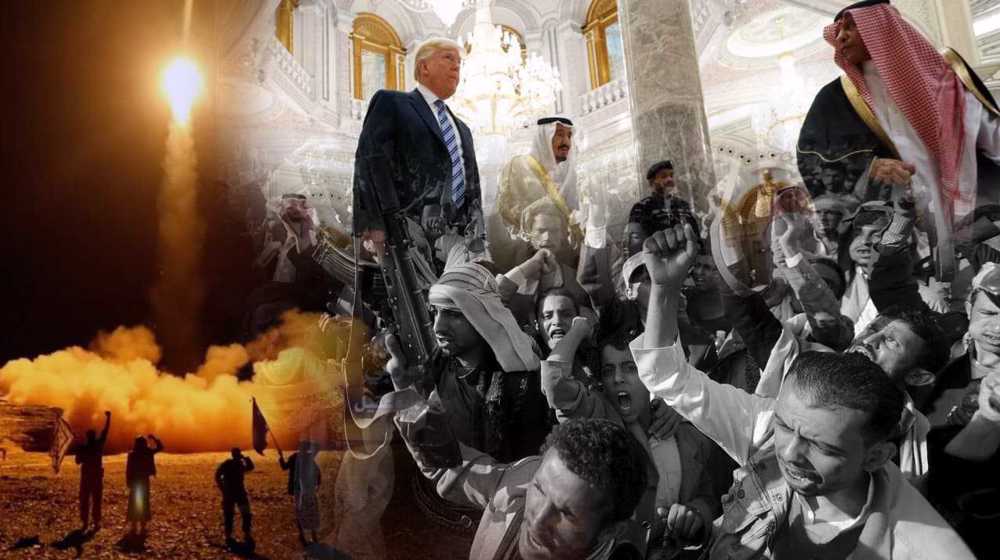


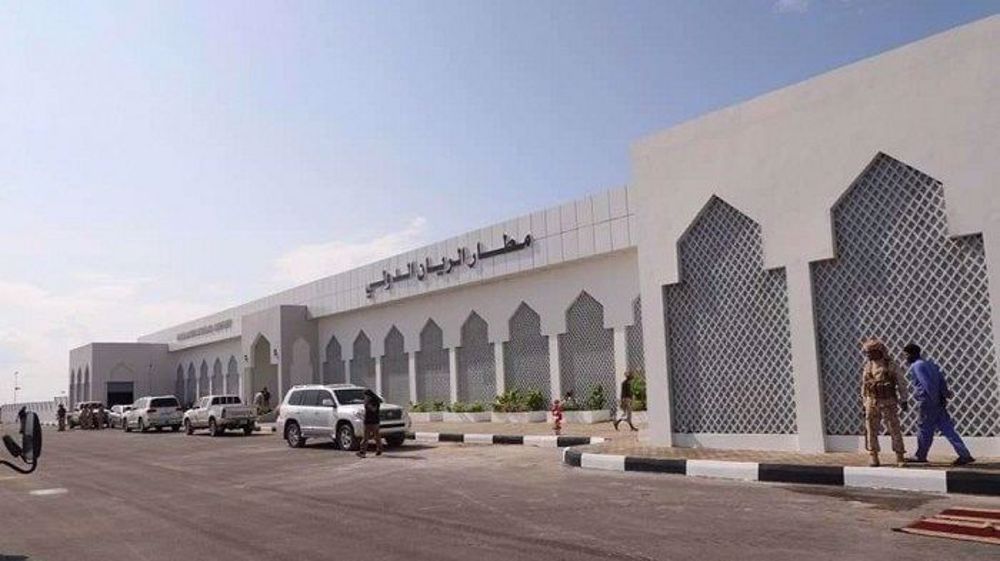
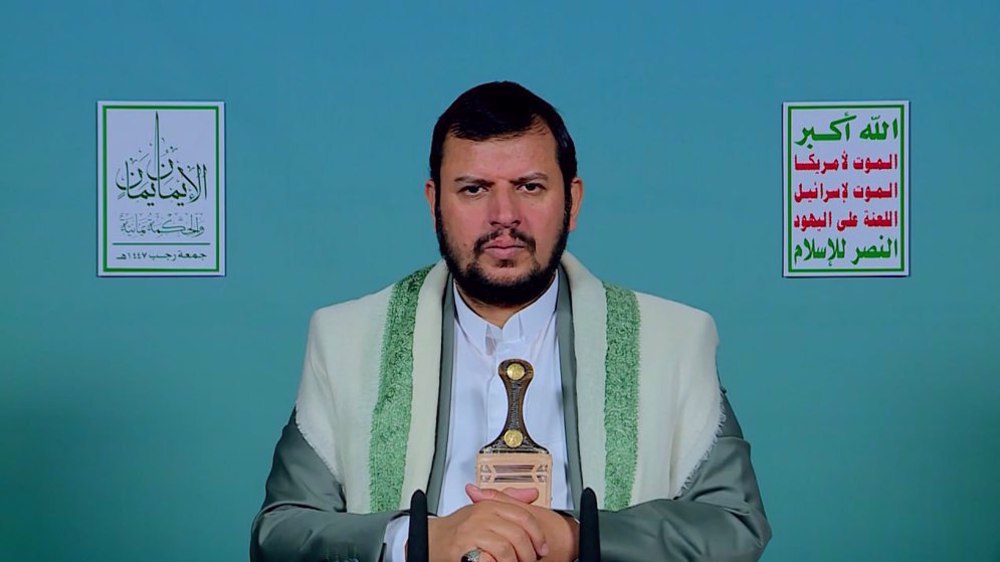
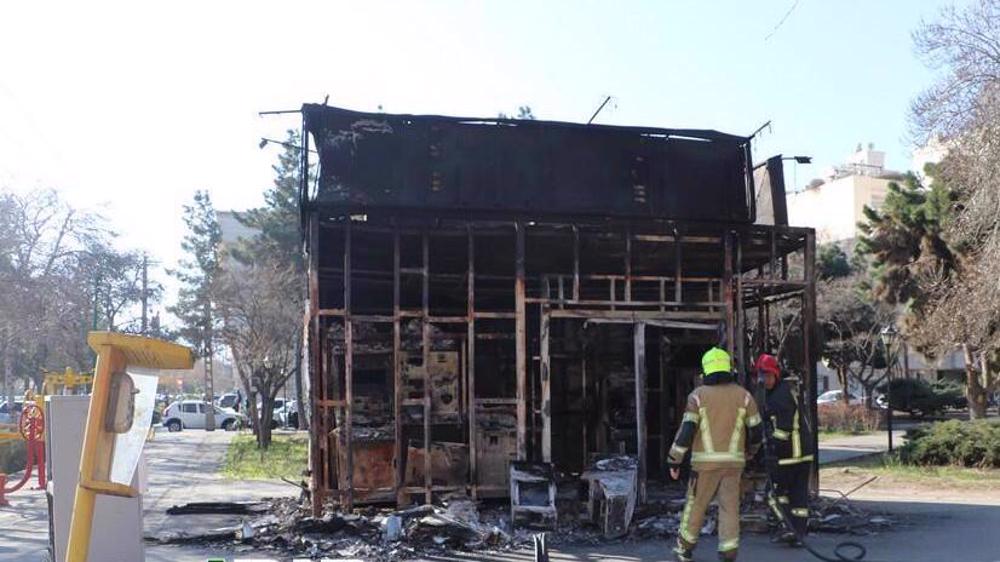



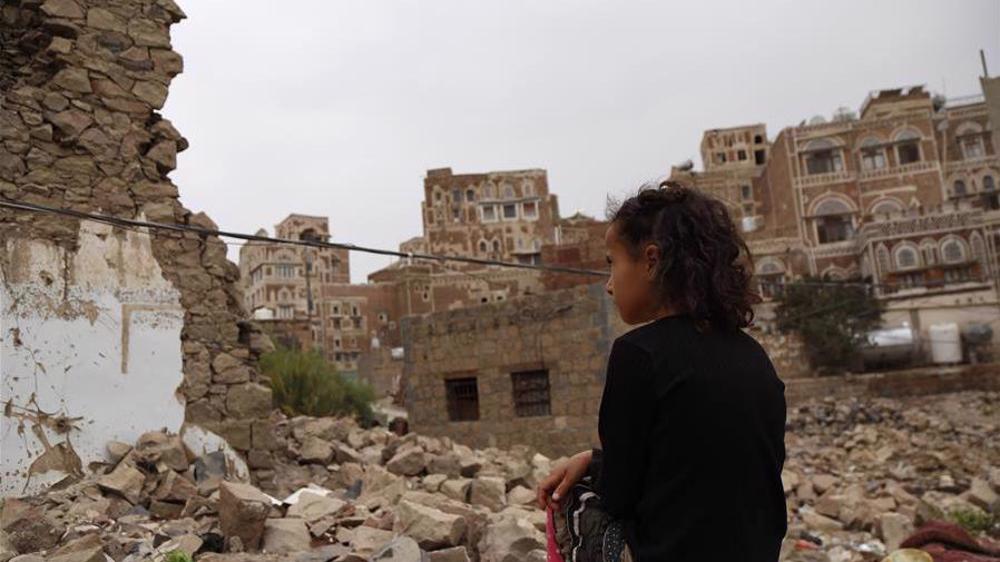






 This makes it easy to access the Press TV website
This makes it easy to access the Press TV website